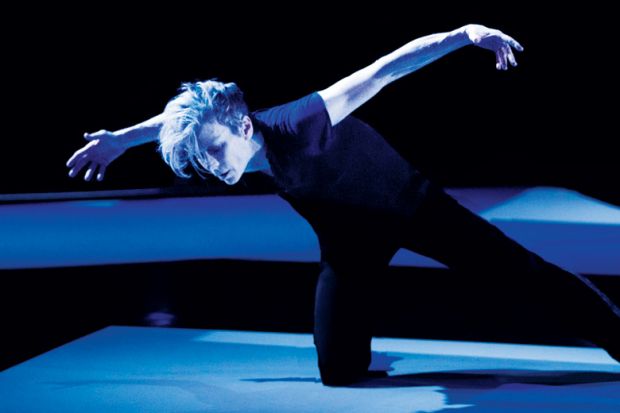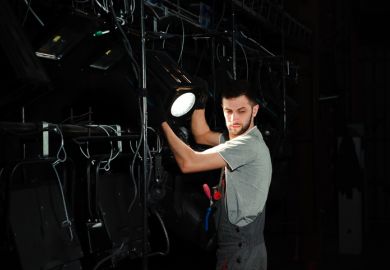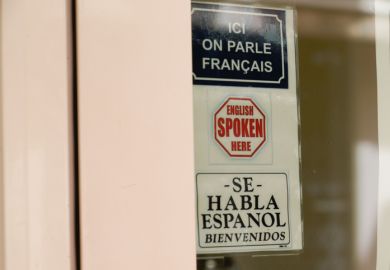“Don’t think, dear; just do,” said the great choreographer George Balanchine, famously, to one of his dancers. “How can you hit and think at the same time?” asked baseball legend Yogi Berra. As post-Romantics in a ready-meal mechanised world, with hazy notions of Zen harmony, we tend to assume that the true acme of expertise is to dance, sing, play tennis or even chess, without thought, and as if automatically. “It shoots, not the archer.” But Barbara Montero denies that it is desirable, or even possible, to perform unthinkingly, or that monitoring performance impedes its fluency. She contends that skilled performers should, and in fact do, deploy “self-reflective thinking, planning, predicting, deliberation, attention to or monitoring of…actions, conceptualising actions, control, trying, effort, having a sense of the self, and acting for a reason”.
But what form of argument could establish Montero’s cognition-in-action principle? Besides invoking her own experience as a ballet dancer, she relies mostly on anecdote and assertion. As she says, it is hard to scientifically test whether or not attending to performance helps or hinders it. You can hardly execute a brain scan on a dancer leaping in the air, and what would it tell us anyway? Experimental evidence has therefore to consist of introspection and self-reporting. We hear about a “varied-focus experiment” in which 10 high-powered soccer players were instructed to dribble a ball through a slalom course while continuously monitoring their feet (mentally if not visually), and to report, upon hearing a randomly generated tone (via the VHS tape player each had), which side of their foot has just touched the ball. They then had to repeat the ball-dribbling while monitoring not their feet but words relayed on their tape players. The “skill-relevant” foot-monitoring turned out to weaken their performance, while the “skill-irrelevant” word-monitoring did not. A control group of less skilled players produced the opposite results.
Such experiments seem to support precisely the “just do it” thoughtlessness that Montero opposes. When she disputes how “ecologically valid” they are, because the actions done in them “are quite different from those that occur during an actual game or performance”, she only seems tendentious.
Her other tack, despite being wary of “sounding like an analytic philosopher”, is that of analytic reasoning. She invokes Brian O’Shaughnessy’s argument that any action involves trying: the agent who succeeds in starting a car, and the agent who fails to – each one does exactly the same (turns the key in the ignition); therefore trying, even when success renders it invisible, must be an essential component in car-starting, or any other action.
However persuasive O’Shaughnessy’s idea, it does not help Montero’s case. In ascertaining whether high-level performers consciously control their various skills while performing, what is at stake is not linguistic convention (that trying is mentioned only when rendered conspicuous by failure) but the accurate report of introspection. And objective confirmation of subjective experience is, surely, impossible. Even the performer herself has no criterion for properly remembering and articulating what she is experiencing, or has just been experiencing. “If the question of how to understand consciousness scientifically is, as it is often called, ‘the hard problem’”, Montero declares, then “studying expertise is the really hard problem”. True enough, but her efforts to solve it never even get off the ground.
Jane O’Grady is visiting lecturer in philosophy of psychology, City University London, and co‑founder, London School of Philosophy.
Thought in Action: Expertise and the Conscious Mind
By Barbara Gail Montero
Oxford University Press, 304pp, £30.00
ISBN 9780199596775
Published 26 May 2016
POSTSCRIPT:
Print headline: Think it through, or just do it?
Register to continue
Why register?
- Registration is free and only takes a moment
- Once registered, you can read 3 articles a month
- Sign up for our newsletter
Subscribe
Or subscribe for unlimited access to:
- Unlimited access to news, views, insights & reviews
- Digital editions
- Digital access to THE’s university and college rankings analysis
Already registered or a current subscriber?




